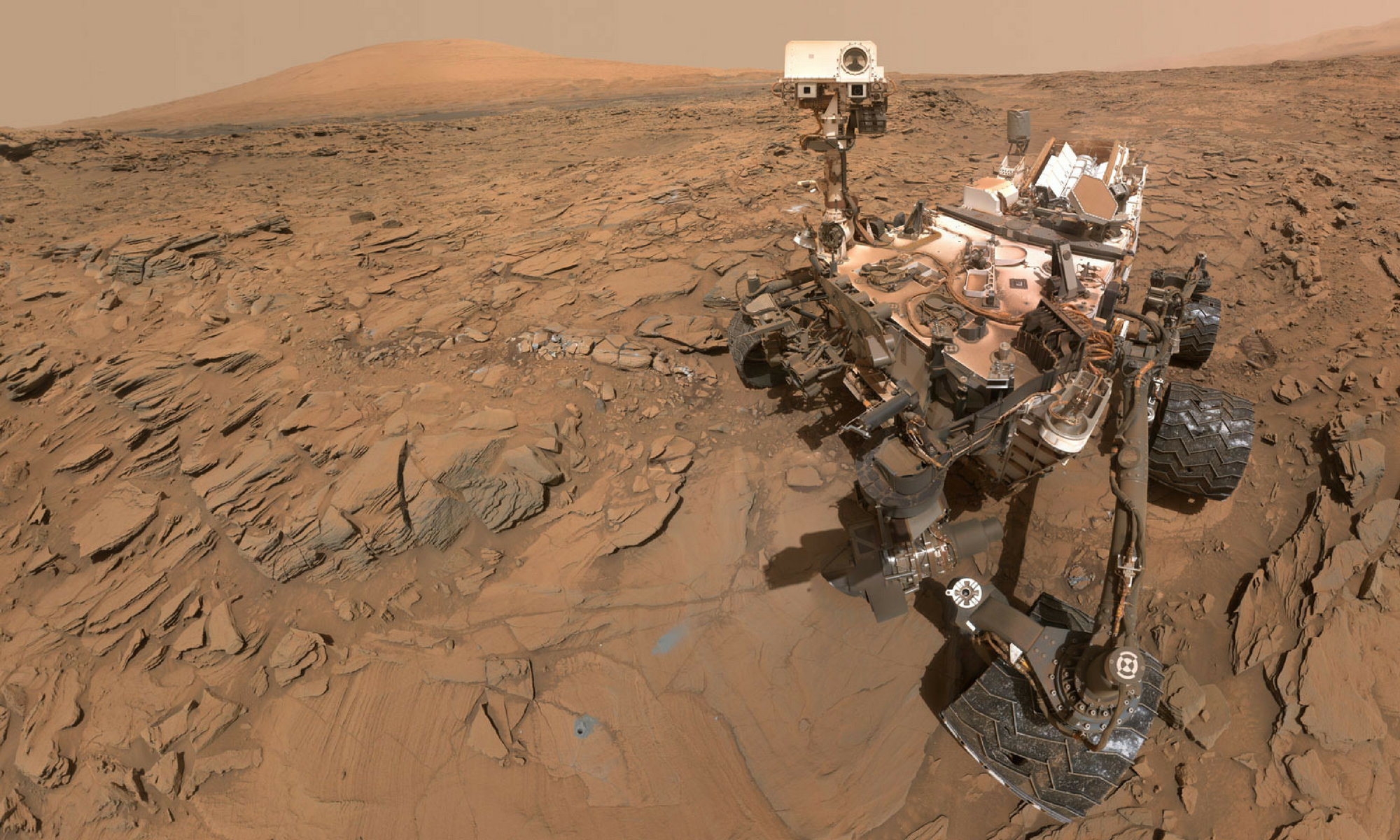
We got an Instant Pot for Christmas. I’d heard of Instant Pot before. Many times. But, when I think about it, I’ve NEVER seen an ad for one. EVER!!!
No Advertising Marketing!
I decided to look up the founder’s story and found this: https://www.cnbc.com/2017/11/24/why-robert-wangs-instant-pot-is-a-bestseller-on-amazon.html
“To be honest with you, we haven’t spent much money on advertising,” Wang says. “In fact, that is not part of the business plan. We really spend money on product development and customer support.”
Robert Wang, a fellow Canadian and Techie, invented this. It’s an inspiring story, actually.
The problem: “What if there is a machine which is smart enough, which can automate the entire cooking process for us, so that we can fix dinner when we come back from work.”
While my perception of this brand (or category, which they created, or rather re-invented?) was neutral, I understood that it was this “craze”; almost a cult-like following had developed.
A non-cooking friend told me about theirs over the holidays. And since the price point is very reasonable, that put me over the top.
A relentless focus on a product development that meets a consumer’s problem. Instant Pot built it and their consumers propelled them to amazing growth.
Great business story!!!




